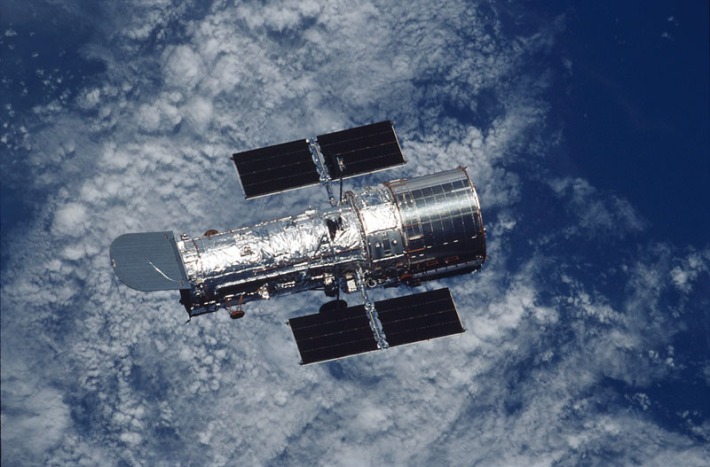The next big physics break through might be the discovery of gravity waves. Albert Einstein predicted the discovery of gravitational waves with his theory of relativity. Originally many physicists thought that the existence of gravity waves was only a mathematical phenomenon. However, physics are currently trying to test for the existence of these waves. I found an interesting article from NASA that explains the how to go about testing for gravity waves. The basic idea is that the distance between two masses is constantly measured with a laser. The masses are free to move so a gravity wave would be detected by measuring the change in distance between the two objects. The theory behind this is that gravity waves cause fluctuations in space time. This fluctuation is what changes the distance between the two objects.
The discovery of gravity waves has the ability to greatly help scientists explain the origins of the universe and also help explain other large events such as the creation of black holes. If their existence is confirmed, it would be a tremendous break through for physics.
If you are interested in a short video explaining gravity waves, here is one I found on youtube.

